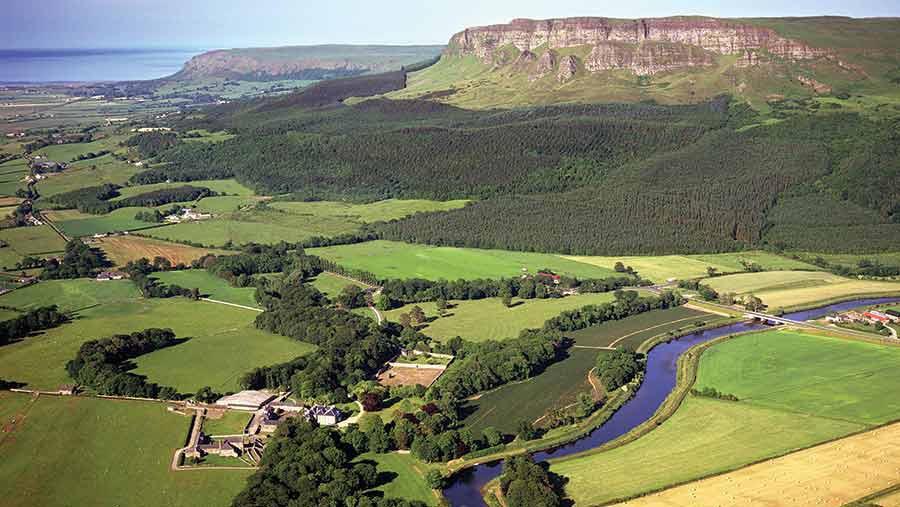BPS 2018: Five key changes for farmers in NI
 © Design Pics Inc/Rex/Shutterstock
© Design Pics Inc/Rex/Shutterstock Changes in the rules surrounding the 2018 Basic Payment Scheme have been announced by the Department of Agriculture, Environment and Rural Affairs (DAERA) in Northern Ireland.
The changes are as a result of amendments to the EU regulations agreed to in Brussels late last year.
Although technically the rules will apply across the the EU, within the UK some are being implemented differently, so farmers in England, Wales and Scotland need to look out for guidance notes from their individual government departments, which are expected in the next few weeks.
See also: Greening rules updated – what farmers need to know (England)
Young Farmers’ Payment (YFP)
Successful applicants for the Young Farmers’ Payment will now receive the payment for five years following their first successful application to the scheme, so long as their first-time application is submitted within five years of them becoming head of holding.
Previously, this five-year period was reduced if the young farmer had been farming as head of holding for a time before first submitting an application.
This change means that, for example, a young farmer who has been head of holding for four years when submitting a successful first-time application for YFP will now receive the payment for the subsequent five years compared to only one year under previous rules.
This change which will also be applied retrospectively to successful first time applications for YFP in 2015, 2016 and 2017.
Crop diversification and EFA exemptions
The crop diversification rules have been amended so that some farmers who previously had to comply with the three-crop rule will no longer need to.
Under the old rules, if a BPS claimant had more than 75% of eligible agricultural land as permanent or temporary grassland, or more than 75% of arable land as fallow or temporary grassland they were only exempt from the three-crop rule if arable area was less than 30ha.
This 30ha limit has now been removed for 2018.
In addition, leguminous crops have been added to the list of uses of arable land which, if they exceed 75% of the total arable land, qualifies the farmer for an exemption from crop diversification.
A similar 30ha limit, which applied for farmers looking for an exemption from the Ecological Focus Area (EFA) requirements, has also been removed.
EFA weighting factors
- The weighting factor to be used when calculating the area which can count for EFA has been increased for the following crops:
- Short rotational coppice has increased from 0.3 to 0.5
- Nitrogen fixing crops has increased from 0.7 to 1.0
Negative list
When claimants apply for BPS, they have to declare that they meet the “active farmer” rule, which in the past has included stating whether they are carrying out any activities that fall into the “negative” list.
The negative list provisions applied to the very small number of farms in Northern Ireland that also operate airports, railway services, waterworks, real estate services, and permanent sport and recreational grounds.
This question will not be applied from the 2018 scheme year, although the requirement to be an active farmer still stands.
Crop definition
Spelt (Triticum spelta) will be regarded as a distinct crop for the purposes of crop diversification.
